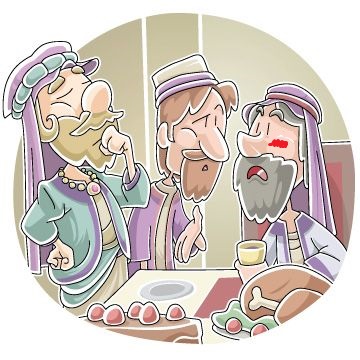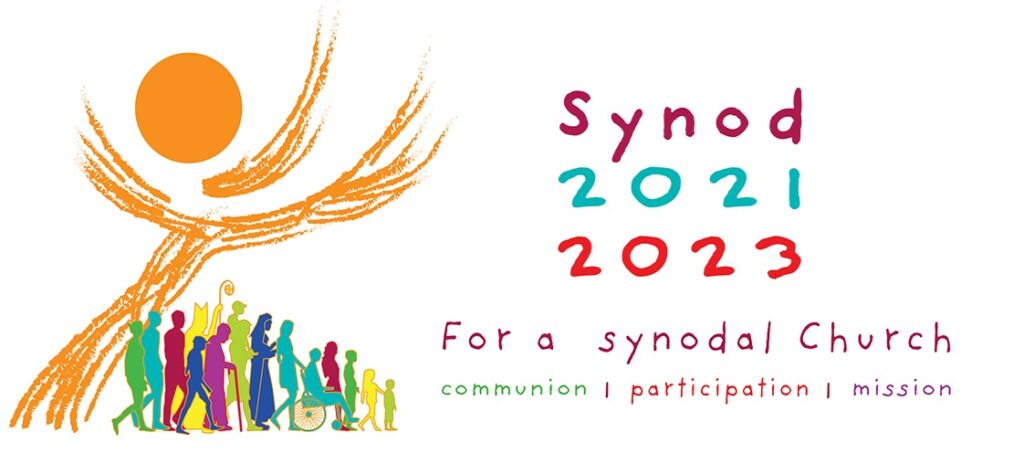
Please take your seat
The parable of the invited guests in Luke 14:7-14 has two moral teachings: first, those who exalt themselves will be humbled, but the one who humbles himself will be exalted. Jesus gave the example of a guest who took the place of honor at a wedding banquet, but was asked to move to a lower place. You never know if there is a more distinguished guest who would later show up at the banquet, so better not risk the embarrassment of being asked to step down.
The lesson on humility applies to many aspects of life. In the spiritual sense, those who think that they are holier than others may one day be humbled in finding out that the ones they have judged are actually better off than they are spiritually. Be humble in everything you do.
The second moral teaching is about God’s reward system. Those who do good deeds for those who cannot repay them in this life will be rewarded by God in the next. That teaching goes hand in hand with the teaching on almsgiving: Jesus said, “When you give alms, do not blow a trumpet before you, as the hypocrites do in the synagogues and in the streets to win the praise of others. Amen, I say to you, they have received their reward. But when you give alms, do not let your left hand know what your right is doing, so that your almsgiving may be secret. And your Father who sees in secret will repay you.” (Matthew 6:2-4)
St. John Chrysostom taught that being humble is one of the paths of repentance. The others are: condemn your sins, forgive your neighbor, pray and give alms. He said, “Do not be idle, but walk daily in all these paths; you cannot make excuses for not doing them. No matter if you are rich or poor, you can set aside your anger, be humble, pray diligently and condemn your own sins. These five paths are cures which heal the wounds of sin. When we have been healed in spirit, then we can approach the heavenly banquet with confidence and attain eternal blessings through the grace, mercy and kindness of Jesus Christ, our Lord.”
Many Christians have grown weary of taking the narrow road to heaven. They are attracted to the wide and easy road that leads to destruction (cf. Matthew 7:13). As a result, they believe in false teachings to make life easier. However, this is not merely a modern phenomenon. Being lukewarm in the faith has always been a threat to Christians since the early centuries. In fact, according to one commentary, the Letter to the Hebrews was written in order to address the growing indifference of Christians to their calling and to restore their lost fervor. The themes in Hebrews are meant to stimulate Christians to reflect that it is their humanity that Jesus took upon himself, and that he bore the burden of defective humanity until death out of obedience to God. In turn, God declared this work of His Son to be the source of salvation for all (Hebrews 4:14–5:10).

The Archdiocese of Atlanta Synod Report is now available in the Archdiocese website. Our parish council has prepared a summary of the report in Chinese. You may pick up a printed copy on Sunday or go to our church website: hnojatl.org

Attention all who participated in the Chinese Cursillo. We will have our first group meeting next Sunday after Mass. Please do not miss this important meeting.
Attention Finance Council members: The Finance Council will have a meeting today right after Mass.
Prayer List: Jiang Mama, Guo Huici, Alice Stanley, Pan Bohao, Wang Dacheng, Long Guorui, Zhang Qiang, Xu Taicheng and Qiu Laihao.